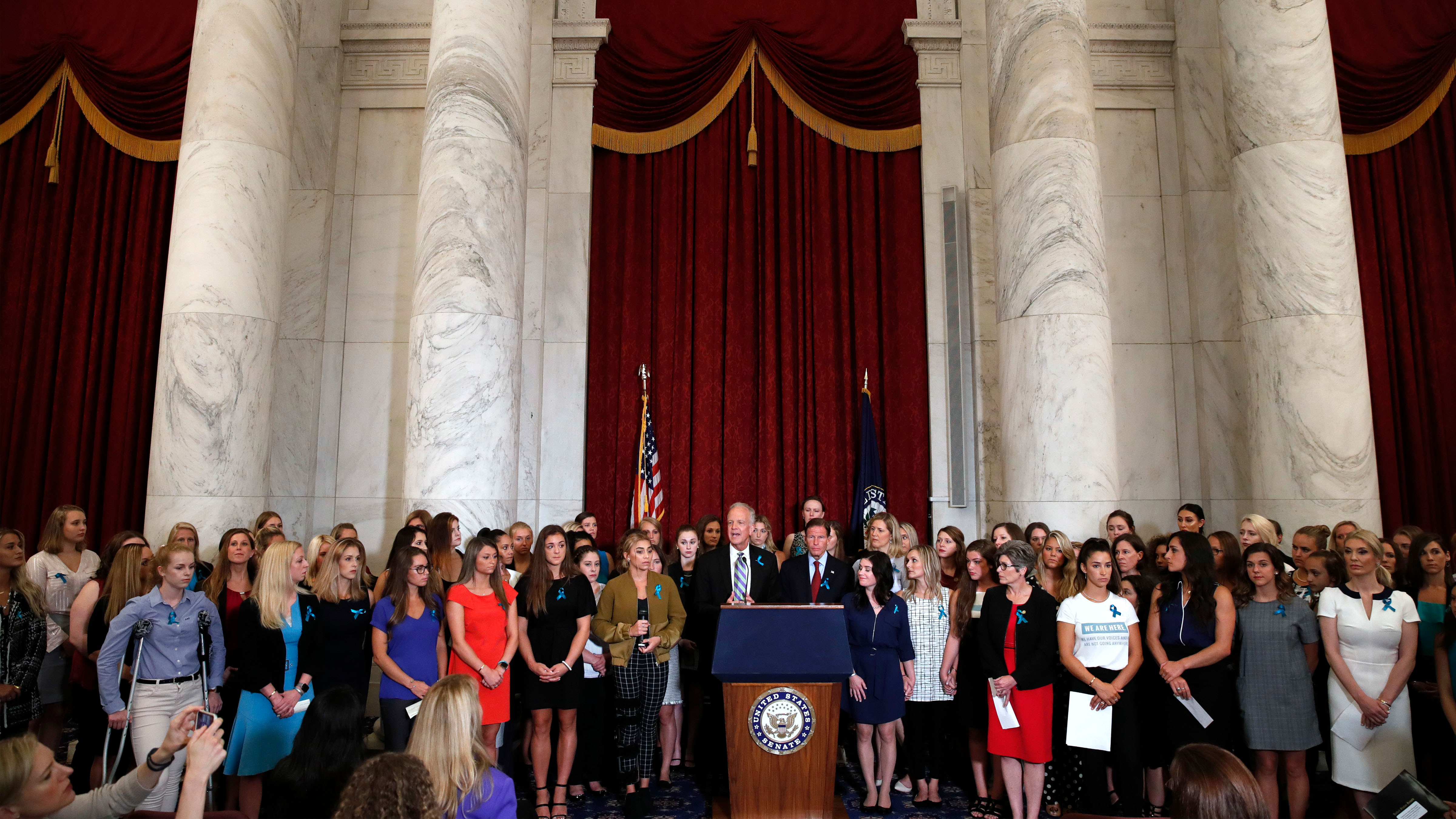Afib isn't limited to the elderly

NORTH PHILADELPHIA (WPVI) -- Many women don't realize heart disease, not breast cancer, is their biggest health threat. And it can happen at any time in life.
One young Northeast Philadelphia woman learned that, and she hopes you take her story "to heart."
Alicia Gallagher first recognized her fast heart when she was 12.
"I would tell my mom like, Oh My God, my heart's racing," recalls Gallagher. "I noticed it more when I was actually at rest."
It took some time before her heart palpitations finally showed on an EKG.
When they did, Gallagher underwent her first ablation.
"It involves threading wires up inside the heart, and placing precise burns in the top left chamber, the left atrium and going after trigger spots for afib," says Dr. Joshua Cooper, chief of cardiac electrophysiology at Temple Health.
Gallagher's racing heart beat was gone, but only for a few years.
"Besides the fast heart rate, I would have, you know, some dizzy spells," she says.
Episodes became more frequent, till she had a full attack of atrial fibrillation, an electrical problem in the top of the heart.
"Instead of beating in coordination with the bottom chambers, the top chambers shiver as if they're cold in winter," notes Dr. Cooper.
That lets blood pool.
"And little clots can form and cling to the walls of the inside of the heart. And if a clot breaks off and travels to the brain, it could cause a stroke," he says.
Sometimes, Gallagher's episodes lasted for days, or even a week.
This otherwise healthy kickboxing studio owner was drained, body and soul.
"You're 37 years old, you can't walk up the steps without being out of breath, without sitting down. You know, I do kickboxing," Gallagher says, choking up.
Afib treatment varies from person to person. It usually starts with blood thinners to cut the stroke risk.
Then doctors try to quiet down the faulty electrical circuits in the upper chambers.
Or they'll focus on slowing down the pulse rate in the bottom chambers.
After getting the right procedure and medications for her complex problem, Gallagher's back in action!
"This is the best I've felt in years," she told us.
"You are the only advocate for yourself, you know your body, and it you're not paying attention to your body, you have to start," she advises others.
Gallagher said she used to think of A-fib as a problem for older people.
She says a number of elders in her family have it, and because they haven't treated it aggressively, it's been disabling to them.
So now she appreciates her heart health and stays on top of it.








